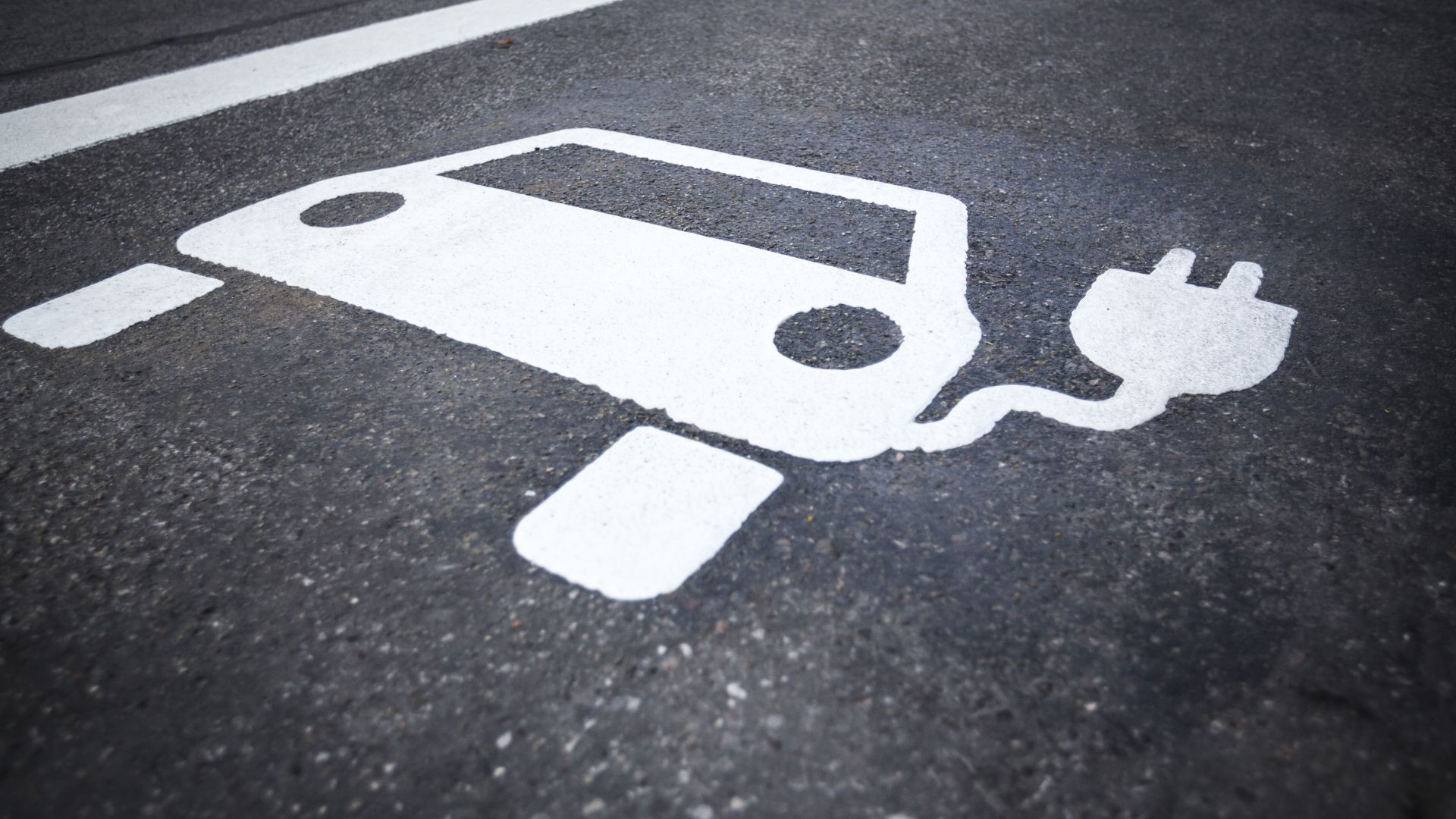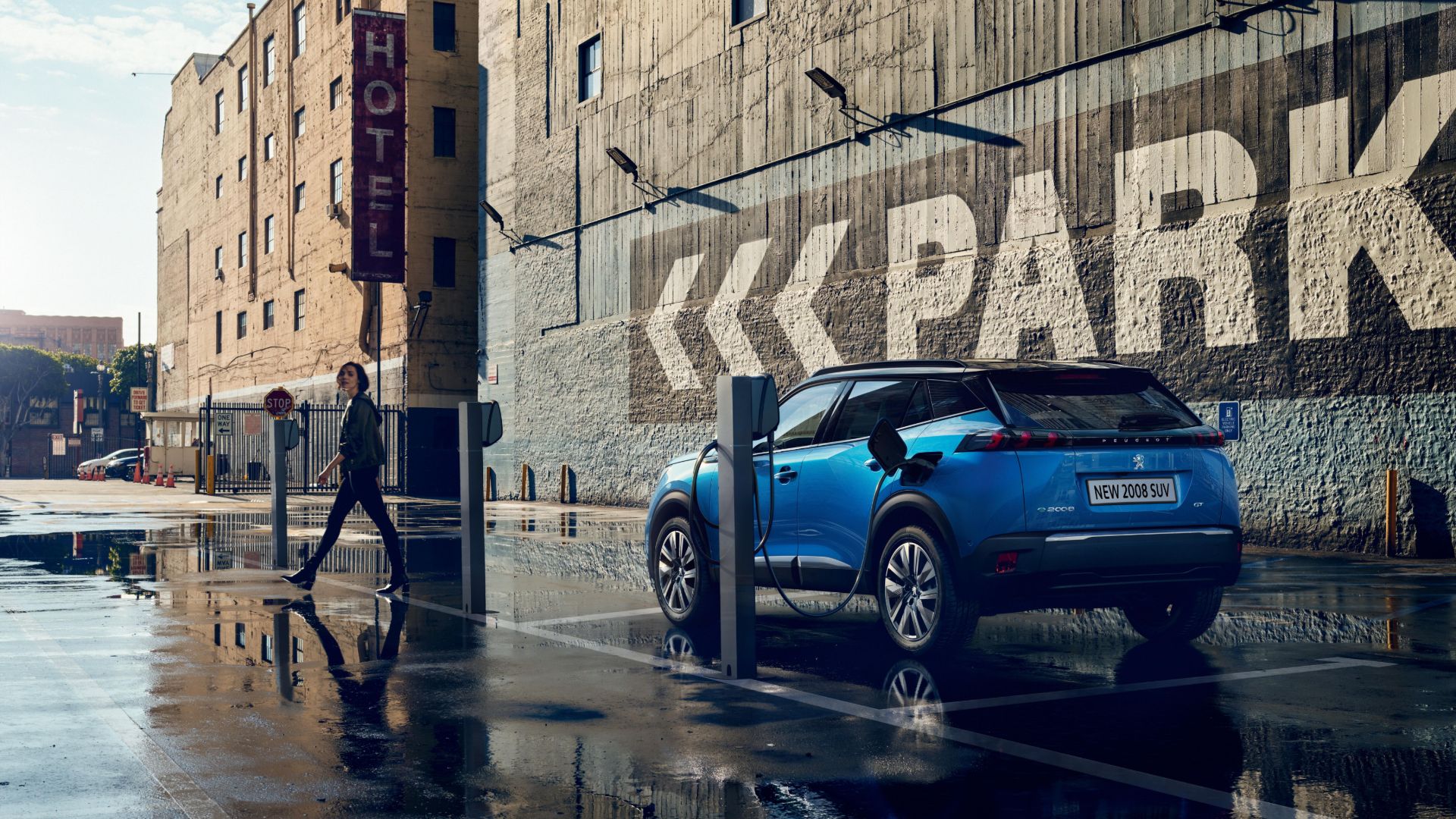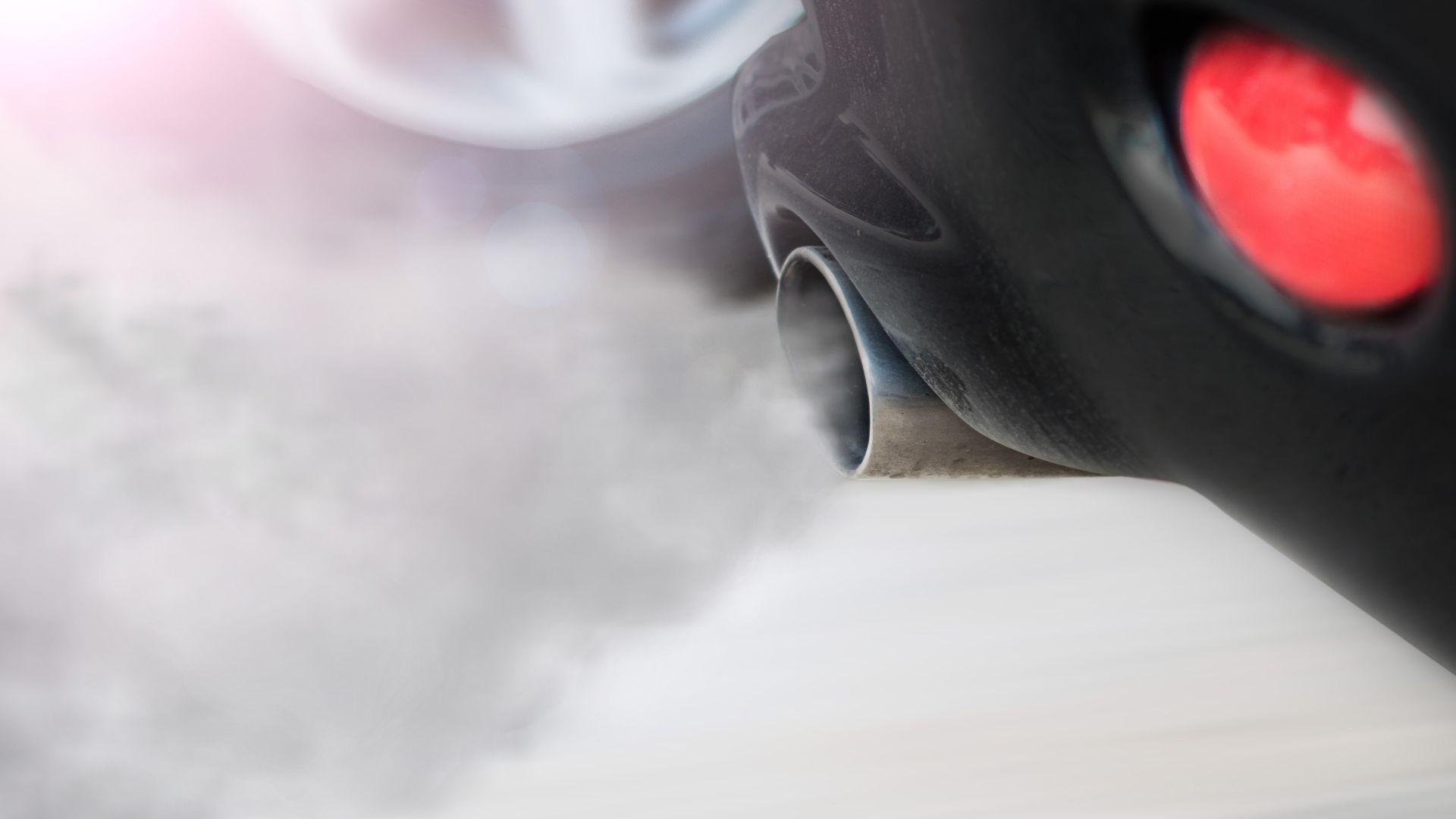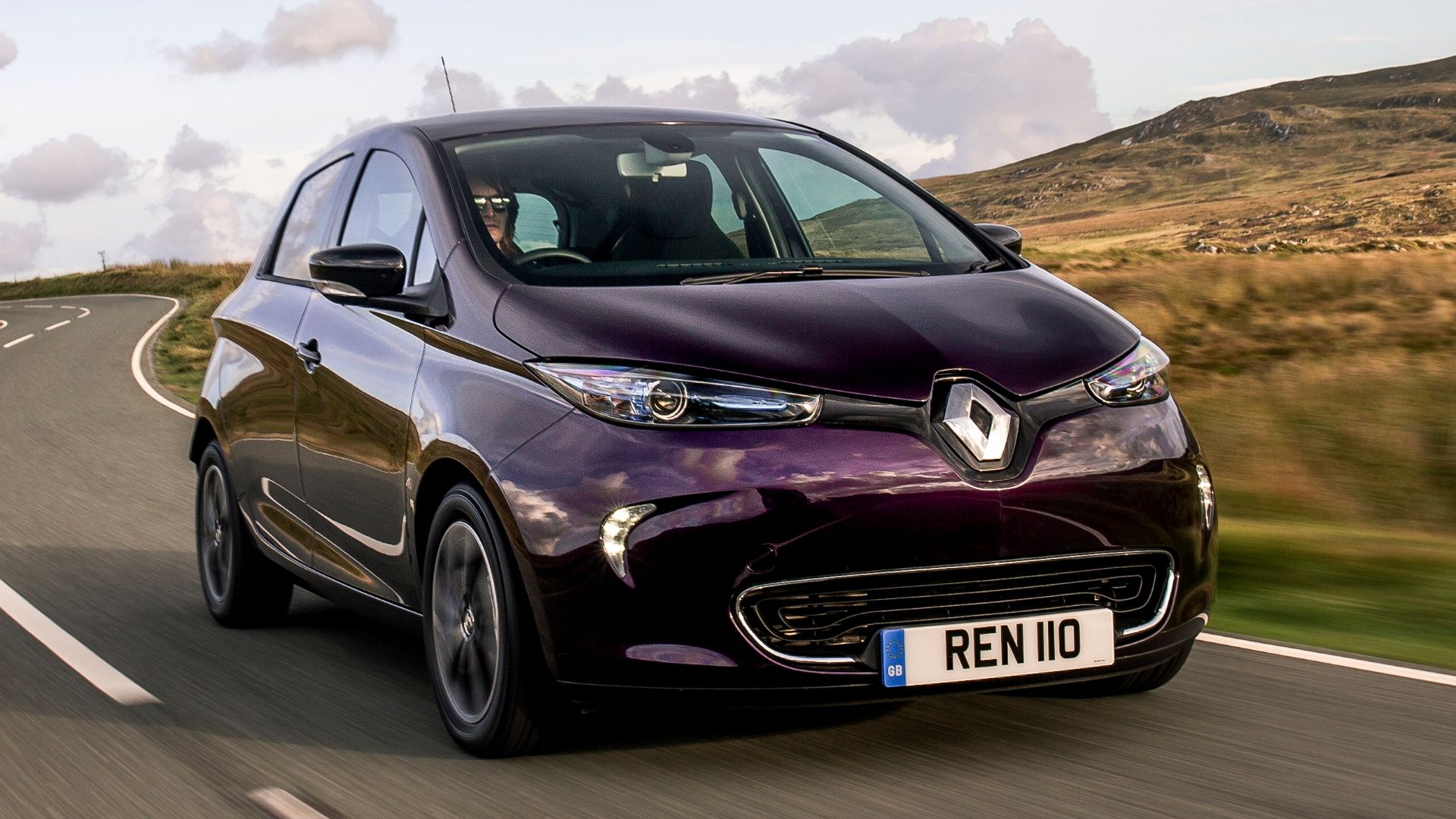
It’s reported that government ministers may bring forward the ban on sales of new petrol and diesel cars yet again. While originally set for 2040, it was recently moved to 2035. Now, a 2030 cut-off could be possible.
This follows yesterday’s rumours of a 2032 deadline, after transport secretary Grant Shapps discussed that possibility. Sources close to the Times newspaper have since confirmed that an earlier date of 2030 is on the cards.

The 2030 date isn’t plucked out of thin air, either. It’s the recommendation of the government’s expert advice group, the Committee on Climate Change. Ireland, the Netherlands, Sweden and Denmark all have their sights set on 2030, too.
The Department for Transport has said that it would be ‘consulting on a range of possible dates’. There was no comment on the possibility of a leap to 2030, however.
Troubling for the industry and consumers alike was the announcement that hybrid vehicles, plug-in or otherwise, would be included in the ban. Car sales website Auto Trader said the government is ‘changing the goalposts for manufacturers’ and that ‘2035 is a stretch, considering where we are today, let alone 2032’.

- Motorists could save £41,000 by switching to electric
The AA has warned that putting drivers off hybrids could mean they stick to older, more polluting vehicles, limiting short-term emissions reductions.
As it stands, electric cars made up 1.6 percent of new car sales last year. Overall, electric cars are just 0.2 percent of the total population of cars on the road.
The government’s plug-in electric car grant of £3,500 is due to end after Match, with no hint of an extension.
- 84 percent of drivers oppose city diesel bans

Car buyers are very much aware of electric cars, though, and have their own ideas on when is best for them to switch. A survey recently revealed that many UK buyers want to go electric for their next car, with 11 percent of respondents saying so. That’s a rise from five percent in 2018 and six percent in 2019.
Just 48 percent that their next car would be petrol- or diesel-powered, compared with 63 percent in 2019 and 73 percent in 2018. Electric cars are becoming more popular in the second-hand market, too. Auto Trader has reported on multiple occasions that the Renault Zoe EV was the fastest seller on its site.
The consultation on bringing forward the ban will have to consider these trends. Exactly how quickly will new car buyers adapt of their own accord? What incentives will they need, and will the infrastructure, both in terms of charging and power generation, be ready in time? All of this comes into consideration when assessing what ‘as soon as is feasible’ means.